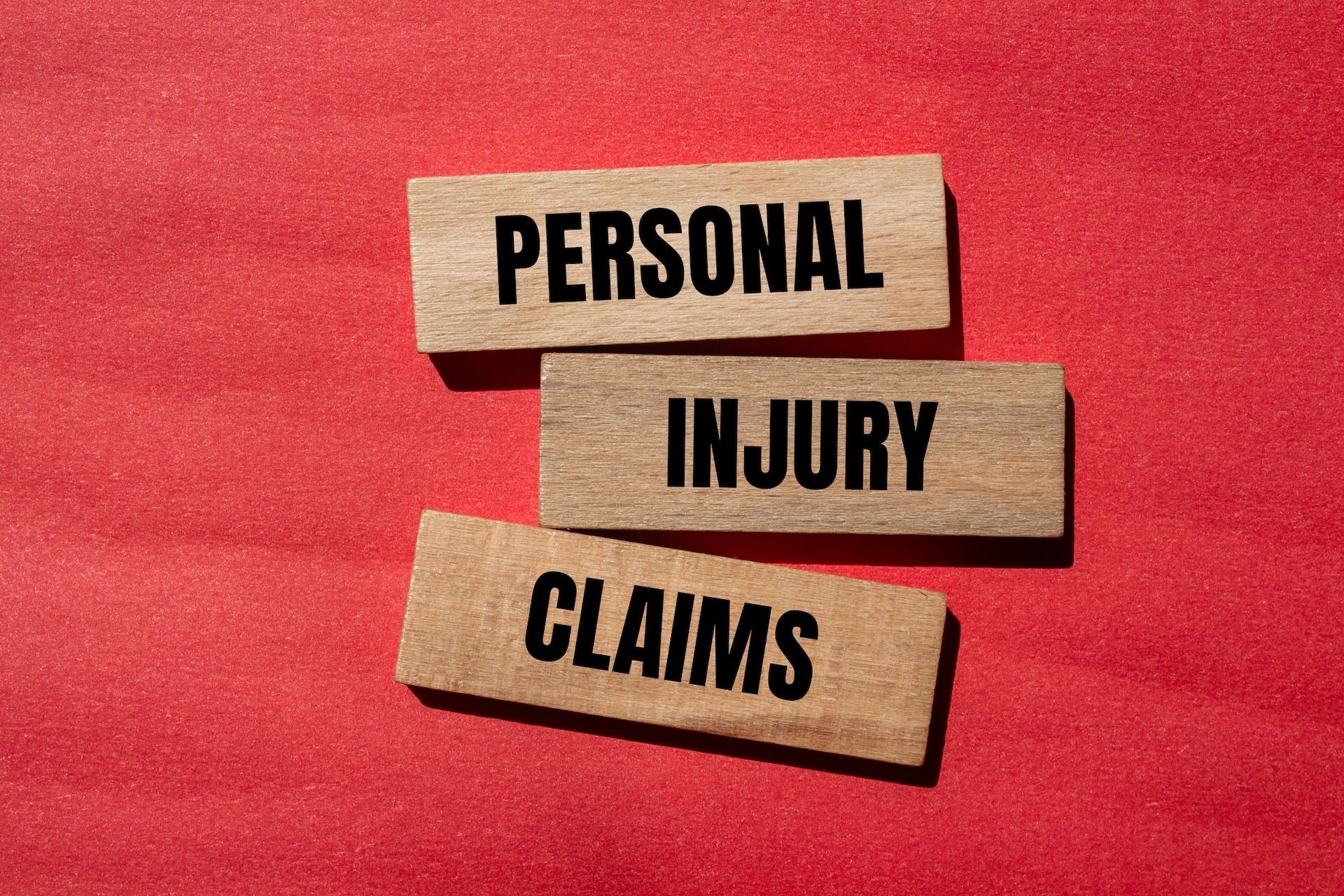What Is Loss Of Earning Capacity?

Suffering a serious injury in an accident can have lifelong consequences. One of these is the loss of earning capacity. Many factors matter in the overall value of your case, including your medical bills, physical and mental pain, and your occupation.
Wages play a vital role when trying to determine your loss of earning capacity. After all, if you’re filing a
personal injury lawsuit, you want to recover compensation for everything that you suffered, including financial damages.
But what is loss of earning capacity and why does it matter so much?
Definition of Loss of Earning Capacity
In simple terms, earning capacity is the amount you are realistically able to earn in the future. This doesn’t refer to how much you earned in the past or how much you’re earning at the moment. So, if you’re wondering what is loss of earning capacity, it’s an inability to earn a certain amount of money you would have earned in the future if your injury didn’t lead to your incapacitation.
For instance, Jim is a successful painter in an affluent neighborhood. Because of a car accident, he now suffers tremors in his hands, which makes it impossible for him to paint. As a result, he’s unable to continue his painting career.
Due to nerve damage, recovery isn’t very likely, so Jim is forced to find alternate work as an appraiser, which unfortunately earns him a lot less than what he did when he was a successful painter. If the accident never happened, Jim would have probably continued building his name and be more successful. Even though he’s also successful as an appraiser, Jim will earn significantly less money throughout his life than he would have otherwise.
To put it differently, loss of earning capacity can be described as the difference between what an injured individual would have made and what they will likely end up making over their lifetime.
In cases where your injuries resulted from negligence by a third party, it’s possible to recover lost earning capacity in the ensuing personal injury claim.
Is Loss of Earning Capacity The Same as Lost Wages?
Now that you know what is loss of earning capacity, you may also be wondering whether this type of loss has any relation to loss of wages.
Well, no. Lost wages are the amount of money you weren’t able to earn due to your injury. For instance, if you broke your leg in an accident and you couldn’t go to work, not working means you’re losing your paycheck. So, the accident only lost you those particular wages when you missed work.
Also, calculating lost wages is relatively simple. You only need to multiply your wages by the number of hours you were expected to work. On the other hand, lost earning capacity isn’t set in stone, and calculating the amount is very tricky.
How to Calculate The Loss of Earning Capacity
First, you need to prove the loss of earning capacity. This requires demonstrating the amount you would have been able to earn if the injury never occurred. Naturally, you must prove this amount with reasonable certainty. Since the calculation will be speculative, proving the exact number isn’t easy.
This is why consulting an expert may be necessary. For starters, you need to predict your future work ability and career path. This may include factors such as promotions, raises, or anything else that may have an impact on the prospective income.
While a work history may help the calculation for loss of earning capacity, it’s not necessary. When valuing damages stemming from this particular loss, the court may look at your age and life expectancy, as well as your occupation and any special skills and qualifications.
Role of Experts in Determining The Loss of Earning Capacity
It’s a good idea for you and your attorney to employ expert testimony to accurately determine the amount of damages. This can be a medical expert who can help ascertain the level of the loss because of the accident and will testify on how the injury affects your ability to work.
Equally important, a medical expert will also provide an informed opinion on how long the disability will continue.
The medical perspective is just a small piece of the puzzle, and in most cases, it may be beneficial to hire a vocational expert.
A vocational expert possesses a deep understanding of the job market and other vocational matters. As such, they can examine your work, education history, payroll records, and other relevant data to establish your pre-injury earning ability.
In addition, they’ll review all
medical records, including any functional capacity evaluation. That way, they can determine the mental and physical limitations of the injury and its impact on employability.
The above information will provide the court with an informed opinion on whether you can perform the jobs on your employment history. The vocational expert may also identify transferable skills that may help you find jobs that you haven’t done in the past.
Lastly, it’s necessary to perform an analysis of the current labor market to come up with the range of pay you could earn if you took any jobs available to you. This can be used to compare your current earning capacity to your prior earnings, and thus, it’s possible to establish a precise loss of earning capacity.
Get an Accurate Assessment of Your Damages
Not everyone is eligible to receive compensation for loss of earning capacity, mainly those who will fully recover or are qualified enough to switch to a career with an equally favorable financial outlook.
Sadly, not everyone is this lucky. Your accident may have eliminated your opportunity to find a gainful occupation. This is why you should ensure you receive an accurate assessment of your loss of earning capacity by hiring expert help.
If you don’t know where to turn choose
OAS.
As national leaders in the field of
vocational evaluation and
life care planning, we’ve helped thousands of clients receive compensation for loss of earning capacity. While they may have not been able to find work equal to one they had previously, the compensation we helped them recover more than made up for the difference.
Call
800-292-1919 and let us know how we can help you.
Note:
The information in this blog post is for reference only and not legal advice. As such, you should not make legal decisions based on the information in this blog post. Moreover, there is no lawyer-client relationship resulting from this blog post, nor should any such relationship be implied. If you need legal counsel, please consult a lawyer licensed to practice in your jurisdiction.
Disclaimer: The information on this website and blog is for general informational purposes only and is not professional advice. We make no guarantees of accuracy or completeness. We disclaim all liability for errors, omissions, or reliance on this content. Always consult a qualified professional for specific guidance.








